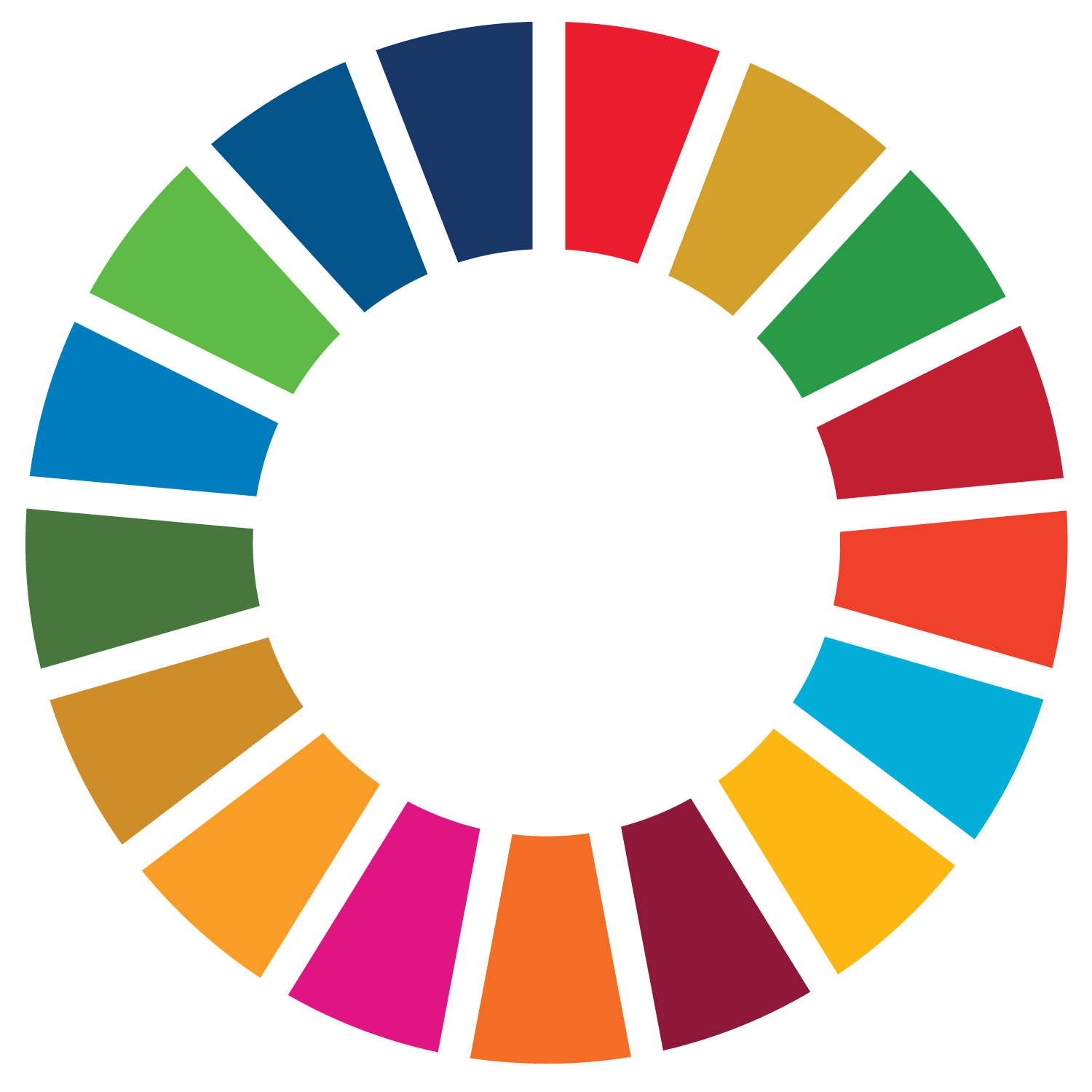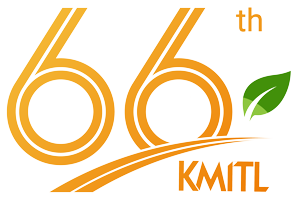Lifelong Learning Policy
King Mongkut’s Institute of Technology Ladkrabang
Lifelong Learning Policy King Mongkut’s Institute of Technology Ladkrabang
Lifelong Learning Policy King Mongkut’s Institute of Technology Ladkrabang
King Mongkut’s Institute of Technology Ladkrabang (KMITL) is one of Thailand’s leading higher education institutions in science and technology. The Institute is committed to promoting academic excellence, producing high-quality graduates, advancing research and innovation, delivering academic services to society, and preserving, upholding, and nurturing the nation’s rich cultural heritage.
Recognizing the significance of sustainable development, in alignment with the United Nations Sustainable Development Goals (SDGs)—comprising 17 interlinked global goals—KMITL is dedicated to driving its transformation into a Sustainable University. The Institute strives to equip individuals of all ages with the capabilities necessary to thrive in a rapidly changing world.
To support this mission, KMITL has established the Lifelong Learning Policy as a strategic framework to foster an open, inclusive, and accessible learning system that addresses the evolving needs of individuals, communities, industries, and society at large.
This policy aims to elevate lifelong learning as an integral part of the Institute’s organizational culture and a key mechanism in the development of human capital. It envisions a knowledge-based society that is inclusive, adaptive, and truly sustainable, empowering all learners to engage in continuous learning throughout their lives.
- Lifelong Learning Vision
KMITL envisions itself as a central hub for lifelong learning—an inclusive platform where all members of society, including students, personnel, alumni, and the general public of all ages, can access high-quality learning opportunities and continuously develop themselves throughout their lives. The Institute aims to foster knowledge creation that contributes to the sustainable development of communities, society, and the nation in response to the rapid changes in the global landscape.
KMITL delivers flexible, diverse, and modern education by prioritizing learning that is grounded in diversity, equality, and equity. The Institute is committed to building a non-discriminatory learning system that respects the rights of all learners, regardless of origin, ethnicity, language, gender, age, disability, physical or health condition, socio-economic status, religion, or political opinion, in accordance with the Constitution and universal human rights principles.
In addition, KMITL promotes a wide range of learning modes—formal, non-formal, and informal learning—through digital technology, open learning platforms, academic services, and collaboration with national and international partners. These efforts aim to cultivate learners as true lifelong citizens equipped to thrive in an ever-evolving world.
- Definition of Lifelong Learning
In the context of KMITL, lifelong learning is not limited to conventional academic systems. Rather, it is an inclusive, continuous, and dynamic learning process that can take place at any age, in any location, and under any circumstance.
Lifelong learning encompasses formal education, training and upskilling programs both within and beyond the Institute, online learning, as well as the development of life skills and professional competencies. It enables individuals to grow personally and professionally throughout their lives, in response to the demands of a rapidly evolving society.
- Lifelong Learning Strategies of KMITL
To establish lifelong learning as a core institutional mission, KMITL has developed the following strategic directions:
(1) Establish the KMITL Lifelong Learning Center as the core institution for the development of a comprehensive lifelong learning system. This includes promoting access to learning, enhancing soft skills (e.g., creativity, communication) and hard skills (e.g., technical and vocational competencies) for people of all ages, in line with the Institute’s policies and development plans.
(2) Strengthen collaborative networks between KMITL and stakeholders across sectors—including government, private industry, civil society, and local communities—to co-develop high-quality lifelong learning systems.
(3) Promote and support research and innovation development at all levels of the Institute, ensuring responsiveness to socio-economic and technological changes, particularly innovations that support learning and future skills development.
(4) Develop flexible and inclusive teaching and learning systems that accommodate diverse learning needs across all age groups, thus facilitating lifelong learning in a practical and sustainable manner.
(5) Build internal governance and administrative systems that support the implementation of lifelong learning strategies, including policies, budgeting, infrastructure, and active engagement of personnel across all units.
(6) Develop a robust lifelong learning ecosystem, including a system for capturing essential skills and competencies of learners to support personalized learning pathways.
(7) Enhance service systems and support mechanisms—both online and on-site—that facilitate equitable access to lifelong learning opportunities for all learners.


